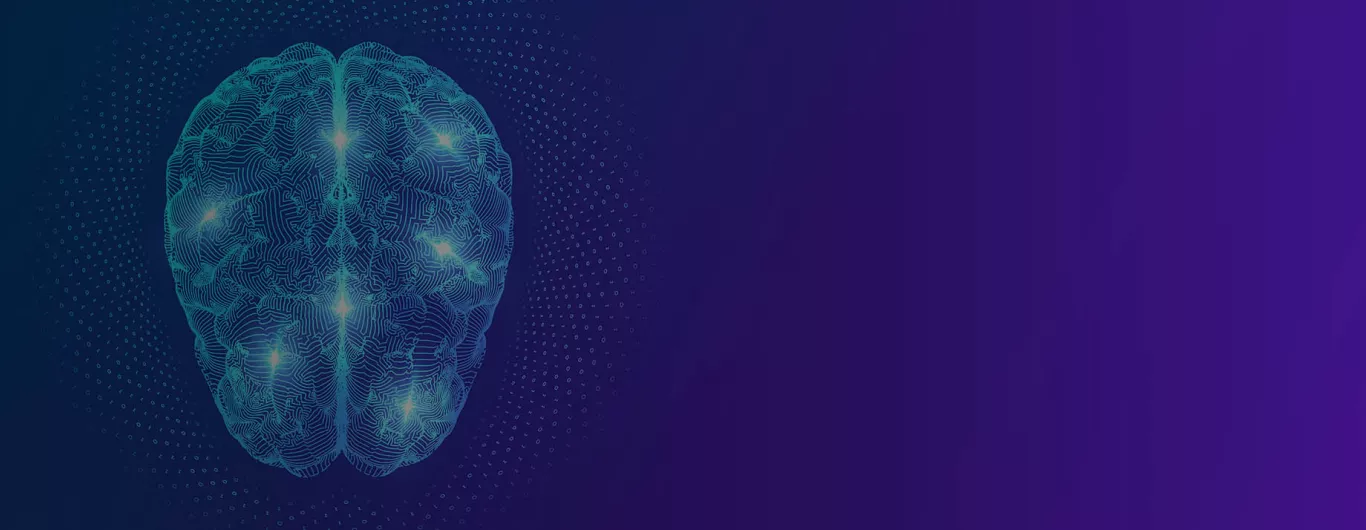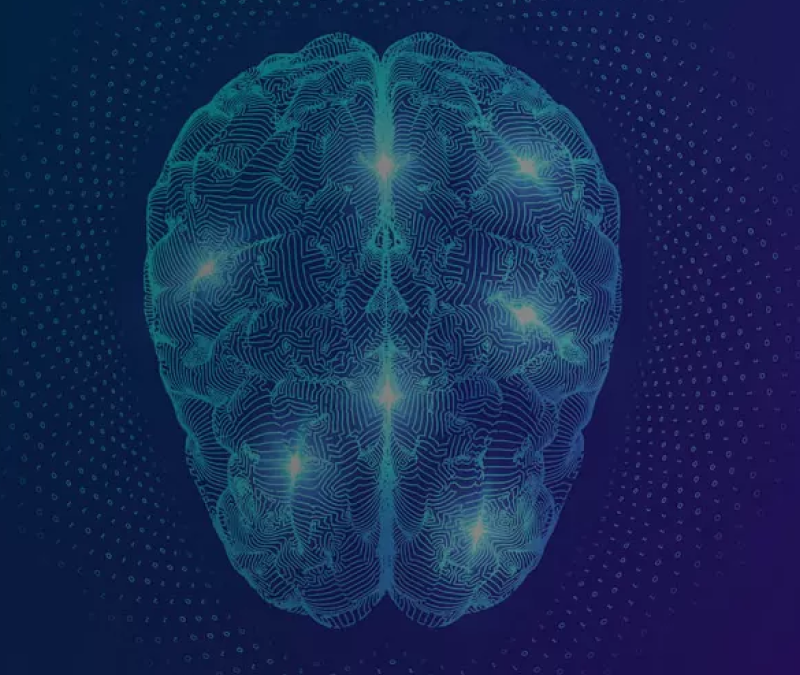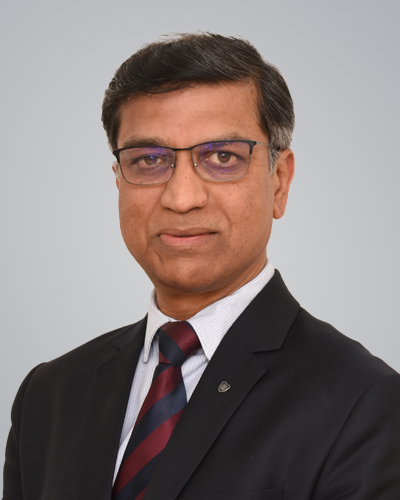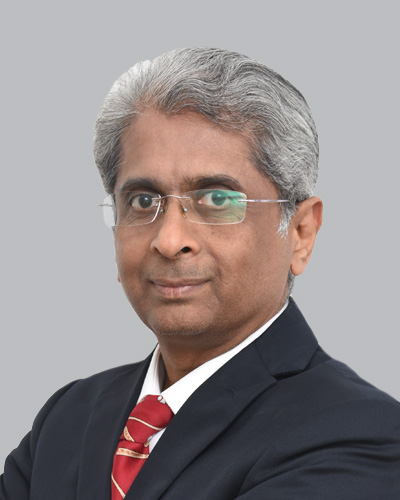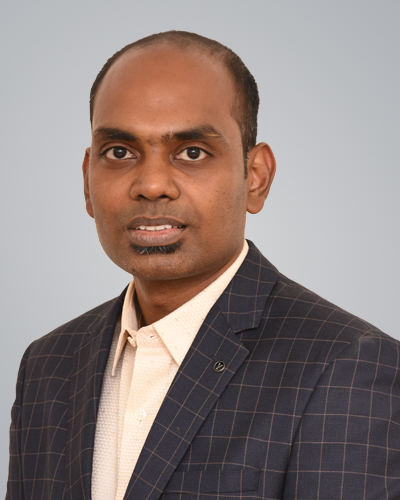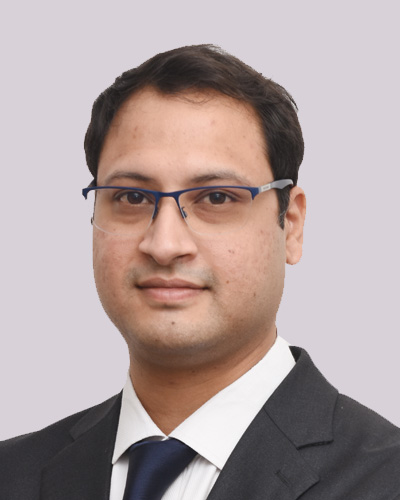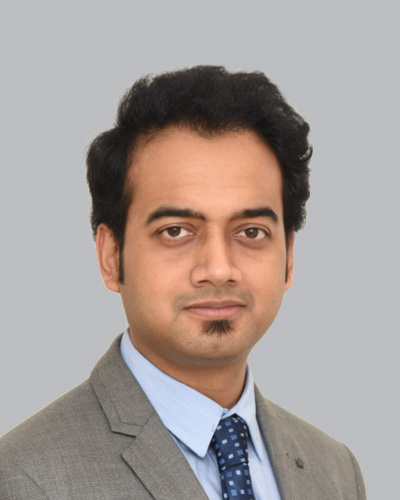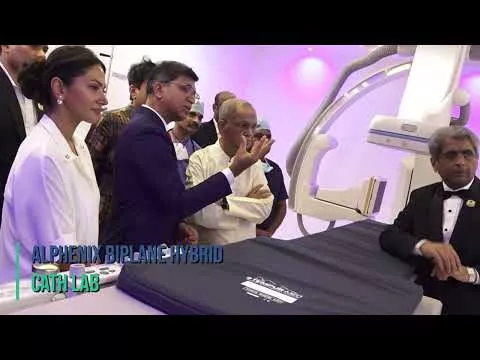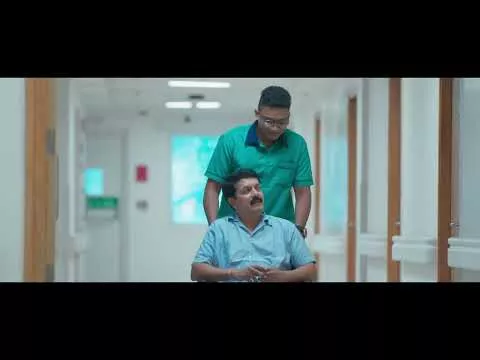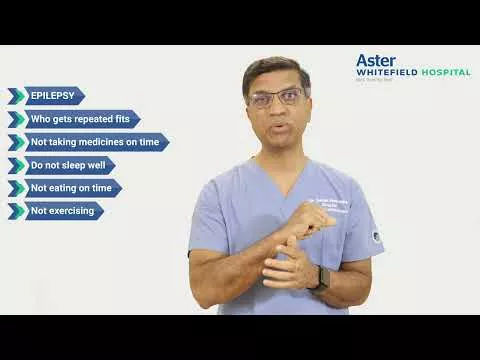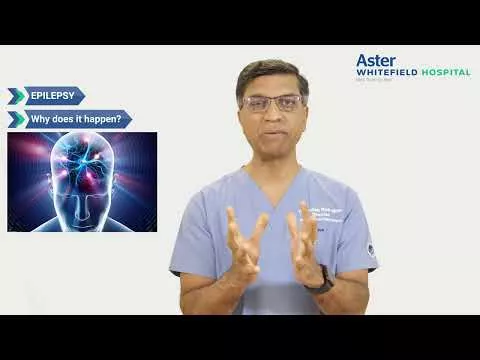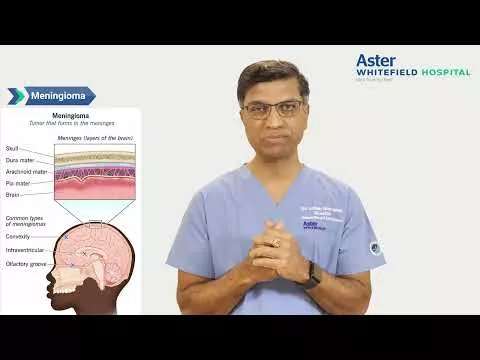The Neurosurgery department at Aster Whitefield Hospital is dedicated to providing extensive treatment and care for a wide range of conditions affecting the brain, spinal cord, and peripheral nervous system. The department is highly proficient in handling major neurosurgical treatments, including Movement Disorders, Vascular and Endovascular Neurosurgery, Brain Tumor Surgery, Aneurysm, AVM Surgeries, Interventional procedures, Pediatric Neurosurgery, Epilepsy Surgery, Deep Brain Stimulation, Stroke Care, Neuro Rehabilitation Care, and Chronic Pain. Additionally, the department specializes in spinal treatments for spinal tumors, disc herniation, cervical/lumbar spondylosis, sciatica, and congenital spinal deformities.
Comprising a skilled neuro-spine team, the department features experienced neuro and spine surgeons collaborating with specialized nurses, rehabilitation therapists, and radiology technicians. This collaborative approach ensures the delivery of customized and comprehensive treatment tailored to the unique needs of each patient.
Our Doctors
We have some of the best specialists from around the world, they bring years of experience and offer evidence-based treatment to ensure the best care for you.
Blogs
The source of trustworthy health and medical information. Through this section, we provide research-based health information, and all that is happening in Aster Hospital.
